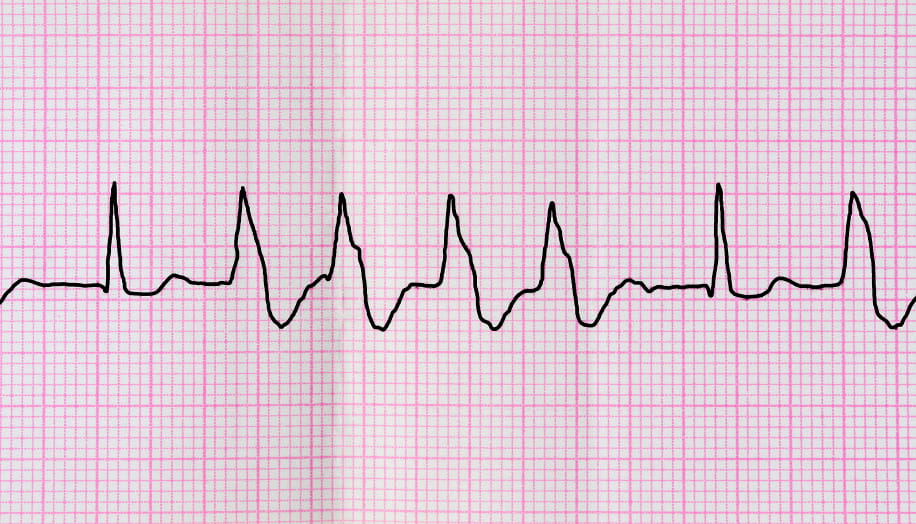Should you be worried about arrhythmia?

The majority of cardiac conditions are cause for concern. Hearing that you have cardiomyopathy, heart failure, or peripheral artery disease is usually followed immediately by a conversation about treatment options.
Unlike many other cardiac conditions, arrhythmias don’t always pose an immediate health risk and, sometimes, may require no treatment at all. An extremely common condition, arrhythmias range from harmless to life-threatening, and its symptoms can be brief or long-lasting. With such variety, how can you tell if you should be worried about arrhythmia?
First, it’s important to familiarize yourself with the symptoms of arrhythmia. Although there are a range of symptoms for this condition, the most common symptoms include:
- Heart palpitations, which can feel like a single skipped beat or in rapid succession
- Fatigue
- Fainting, dizziness or lightheadedness
- Rapid heartbeat
- Shortness of breath
- Chest pain
If you’re experiencing symptoms like these, make an appointment with your primary care physician or cardiologist to discuss them. There are several tests that can be performed to diagnose an arrhythmia and determine whether or not it is cause for concern.
If your arrhythmia is cause for concern, your physician will work with you to develop a treatment plan to control your heart rate and/or rhythm, prevent blood clots, and address other heart disease risk factors and heart conditions related to your arrhythmia.
Chances are that, like most arrhythmias, yours will be harmless, and can continue to be monitored by your physician on a regular basis. It is possible to live a healthy life with arrhythmia, but you may need to make certain lifestyle changes to manage your symptoms, including reducing your blood pressure or cholesterol, following a diet and exercise plan, and quitting smoking.
Although the symptoms of arrhythmia aren’t easy to see, and they aren’t necessarily a life-threatening condition, it’s important to be aware of these symptoms and talk to your physician if you notice any abnormalities in your heart rhythm.
With four hospitals and many community cardiology sites throughout the region, you can find a Lankenau Heart Institute physician in your area.
Kenneth Mendel, MD is a cardiologist with Lankenau Heart Institute at Riddle Hospital, part of Main Line Health.
 Content you want, delivered to your inbox
Content you want, delivered to your inbox
Want to get the latest health and wellness articles delivered right to your inbox?
Subscribe to the Well Ahead Newsletter.
